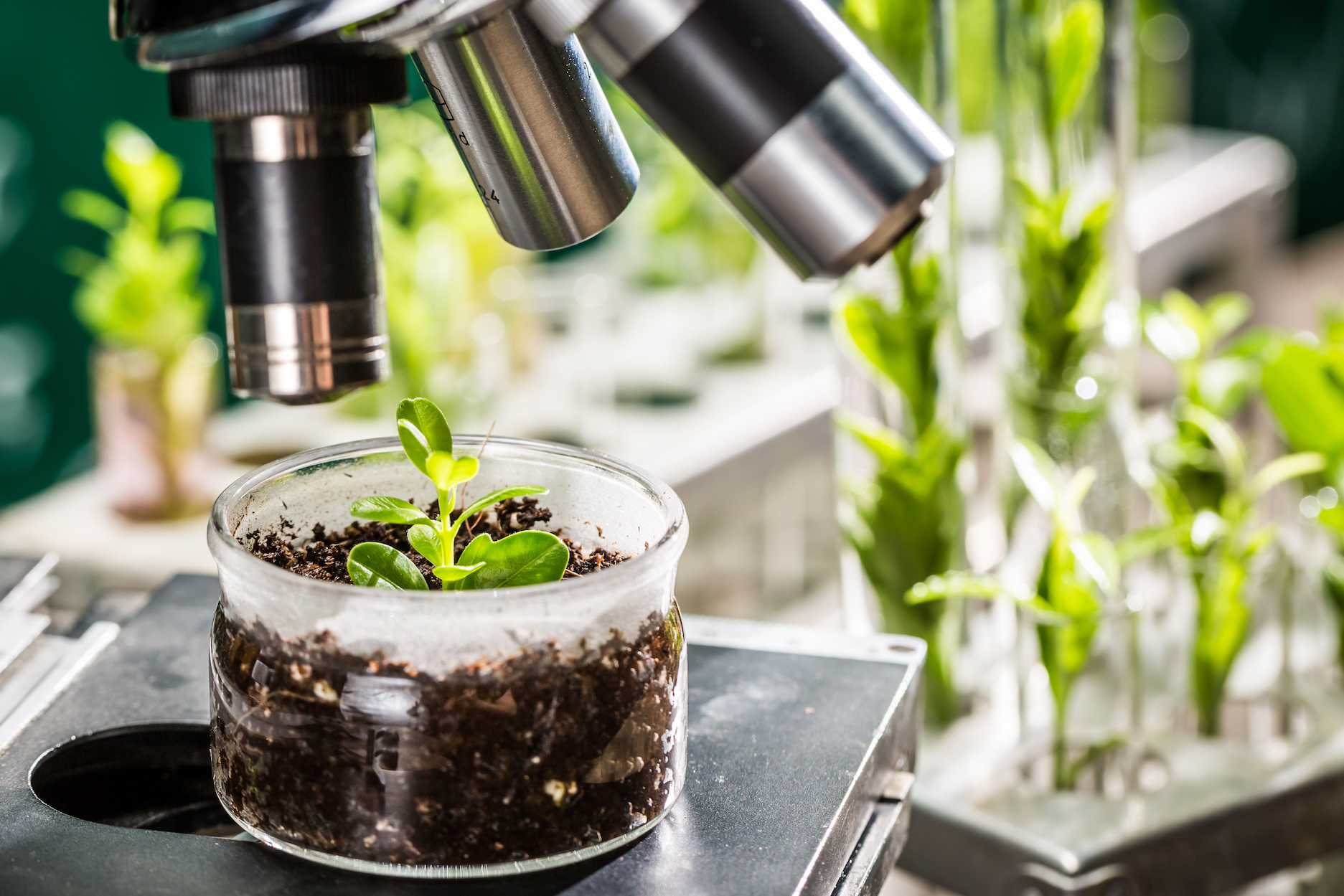
New technology revolutionizing plant breeding to meet demand
Successful plant breeding is what puts food in our mouths and trees in our yards. The technology behind it has propped up our food supply and local florists for years, and major advancements have led to more widespread and successful plant breeding.
These days, plant breeding involves teams of scientists with degrees in genetics, phenotyping, and statistics. Improving the efficiency of breeding is a constantly involving endeavor, aiming for increasing prediction accuracy in regards to genotypes, experimental design, and environment sampling.
Mark Sorrells of Cornell University, will be presenting on “Plant Breeding in the 21st Century” at the Managing Global Resources for a Secure Future International Annual Meeting in Tampa, FL on October 23rd. The meeting is sponsored by the American Society of Agronomy, Crop Science Society of America, and the Soil Science Society of America.
As part of the presentation, Sorrells will discuss how new technology has revolutionized crop breeding. Innovations such as inexpensive DNA sequencing, genotyping, high throughput phenotyping, and gene-editing are improving both quantitative and qualitative traits, according to Sorrells. Furthermore, plant performance can be predicted for both phenotyped and non-phenotyped plants with genomic selection models that use genome-wide markers.
In the last few years, data is also being generated by both aerial and ground imaging systems, providing greater analysis of important factor such as canopy temperature and normalized difference vegetative index. All of these technologies can be combined to give a more accurate picture of crop breeding and reduce time as well as cost.
As the climate changes and world population grows, it’s important that these technologies be improved upon so that we can continue to feed ourselves in potentially less forgiving growing environments.
—
By Connor Ertz, Earth.com Staff Writer












